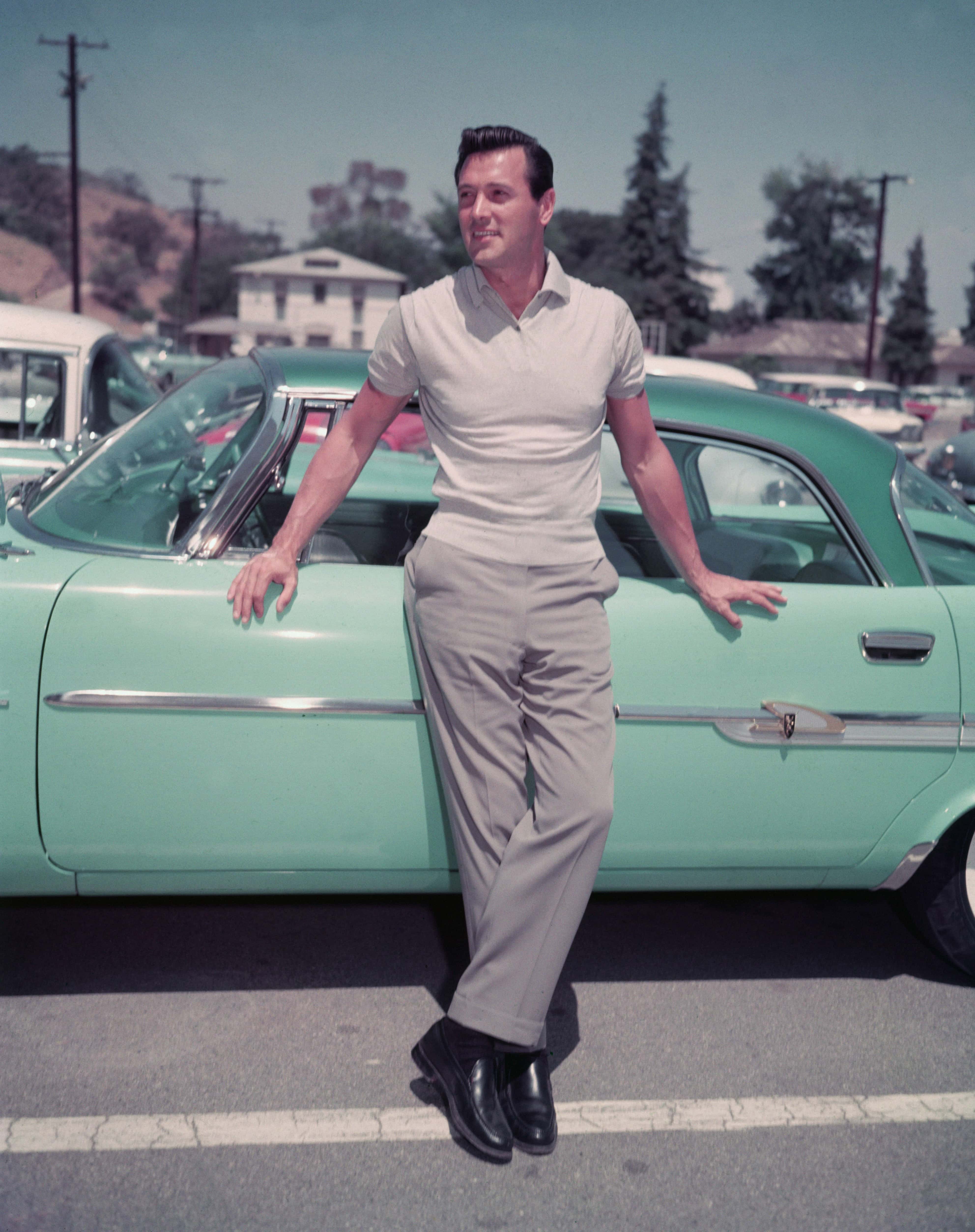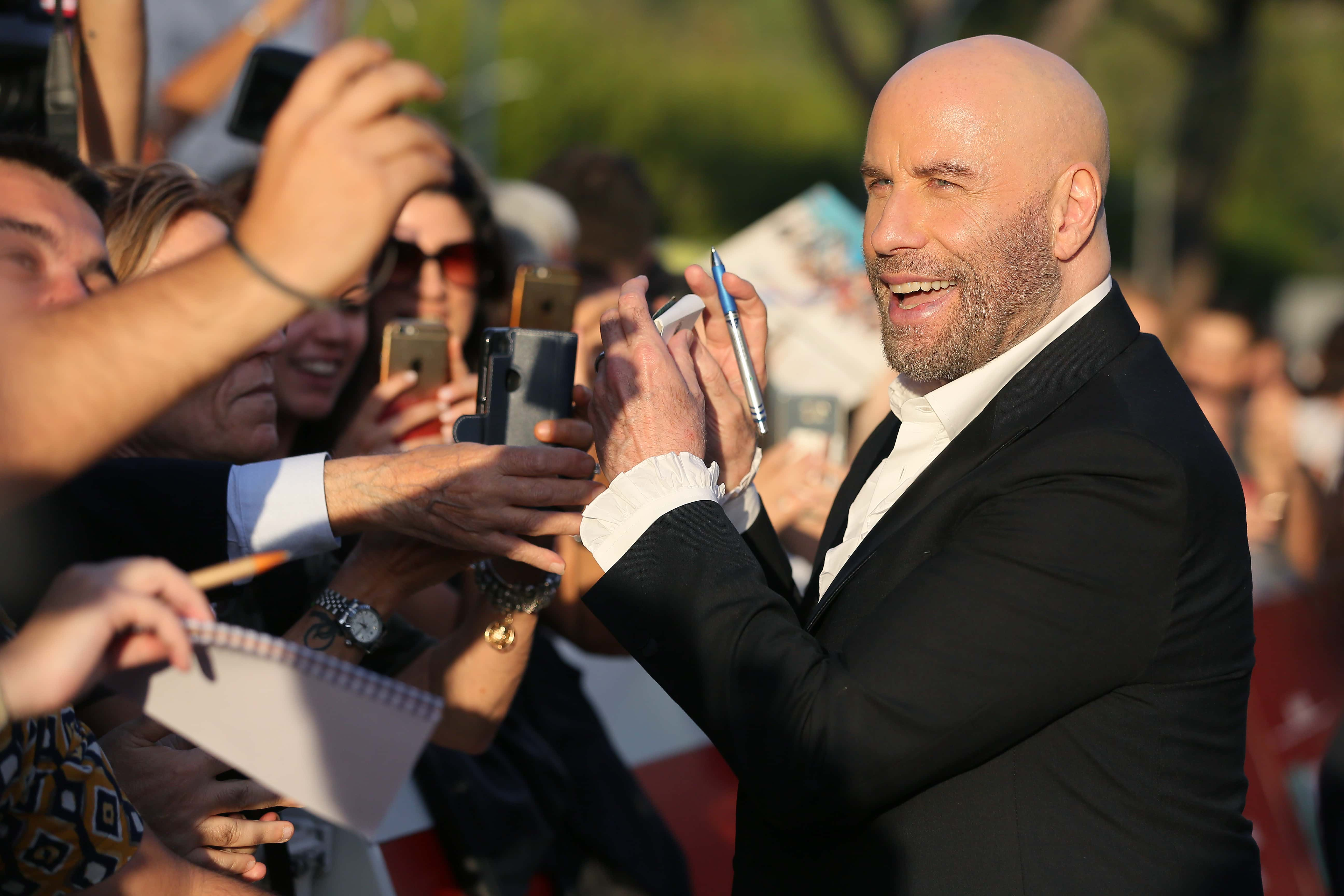Pride Month 2020: How outing celebs changed from career-ending punishments to radical symbols of activism

Outing, the forced exposure of a person's same-sex orientation, as a way to name and shame public figures has been around since the time of the Greeks. They might have been okay with sodomy but they looked down upon romantic love between two people of the same gender.
In more recent times, right from the time of silent Hollywood films, the sexuality of major actors and actresses has always been under scrutiny. Even the whiff of a rumor about a star's alternate sexuality could make the career of the said actor go under, quicker than you could say "no homo". So much so that major studios, to protect their investment, would arrange "lavender marriages" between gays and lesbians to create a public image of stars being heterosexual.
By the 1950s, especially after the 'Lavender Scare' that institutionalized the dismissal of gay people employed by the United States government, gossip magazines took it upon themselves to out Hollywood stars. In the era of McCarthyism, being a communist or gay was equally deviant and criminal.
At this time, gossip magazines would openly speculate on the sexuality of Hollywood stars. One such popular rag, known for outing prominent actors as "lavender lads", was 'Confidential'. It almost outed Rock Hudson in 1955 before backing down in exchange for other scoops. Soon after Hudson entered into a sham marriage with his secretary to kill any rumors.

Till the Stonewall riots in 1969, outing, without exception, was a form of moral policing by straight society. You could be blackmailed since outing meant losing your career, losing friends and family, and essentially being blackballed by institutions of all stripes, without exception. It was social and financial suicide. Therefore above all, what you craved if you loved someone of the same gender was to be invisible to society; to pass off as close friends and nothing more. But with this invisibility was also coded the aspect of shame. It was something to be hidden in a heterosexist society and thus the existence of that peculiar phenomenon called 'being in the closet'.
In fact, the police, that raided gay bars and other queer spaces, would make it a point to "out" those they caught. The danger of being outed would compete with the desire to live an authentic life. Gay activism was limited to "homophile groups" that focussed on winning the good opinion of the public and the authorities by showing themselves to be "discreet, dignified, virtuous and respectable".
The Stonewall riots however changed all that. It was then that gay activism became radicalized and in a twist, the rage of being forced to stay closeted spilled on to the streets with slogans like "Out of the closets. Into the Streets". Instead of blending in and staying invisible, the new politics of gay activism centered around being more visible, vocal, and taking on the heterosexism of society in confrontational ways.
One of their controversial methods was targeting Hollywood stars and people in positions of power, who stayed silent and closeted, by outing them. The idea was to force these people to take a stand and fight against the oppression of the marginalized queer folk since they were in a position to do so.
Oliver Sipple, who helped save the life of United States President Gerald Ford, for instance, was outed by Harvey Milk. By the 80s, when the AIDS epidemic ravaged the population, this sort of outing took on an even more desperate hue. As more people died because of institutional neglect, there was a cry to expose the hypocrisy of closeted gays in power who did nothing for the gay community. Or even acting as upholders of straight morality and repression.
Popular Hollywood stars, with their immense cultural clout, had the power to 'normalize' same-sex relationships. Since they could change strongly-held public opinion about gays being 'immoral, perverted deviants', they were prime targets. Gay periodicals like 'The Advocate' and 'OutWeek', ostensibly, published names to advance gay rights. But the flip side of the situation was that those who did come out, voluntarily, were then forever consigned to play gay parts rather than the lead, like Rupert Everett, who blamed his decision to come out publically for ruining his career. Ellen DeGeneres didn't work for three years after she came out.

In the '90s and early 2000s, coming out was still career-suicide unless it was a properly orchestrated. Neil Patrick Harris, for instance, came out as gay only after he won widespread popular acclaim for playing Barney Stinson, the straightest man on television. His queerness was so invisible at that point that people could allow him to be gay privately — so long as he kept seducing women publically on their television sets.
The practice of queer people outing other queer people came out of an environment of fear and anger; out of seeing friends and lovers die, as bisexual Margret Cho once wrote about eloquently after outing John Travolta. But it was still a tool of oppression all over again, especially since forcibly outed stars, being ostracised by straight society, would also not be able to enter queer spaces because they had been 'cowards'.

To avoid this sort of double shaming, celebs chose to come out when faced with the threat of outing. Most recently, Youtube beauty blogger Nikkie came out as transgender publically, because she was being blackmailed. Not because she wanted to. She had already come out to family and friends but she was forced to announce it to the world, just to avoid the vitriol that follows forced outings.
As bloggers like Perez Hilton and 'Gawker', the modern-day 'Confidential', came into the business of outing stars, it became clear that what was once a tool of radical activism had truly turned toxic. It will be a matter of history to judge whether outing as a tool of gay activism did more harm to the community than good. But thankfully, in 2020, outing no longer has the power to shock people and ruin lives like it once did. And with it has returned the right of queer people to experiment with their sexuality and their selfhood privately; to understand it and make peace with it before they decide to come out to the world.










